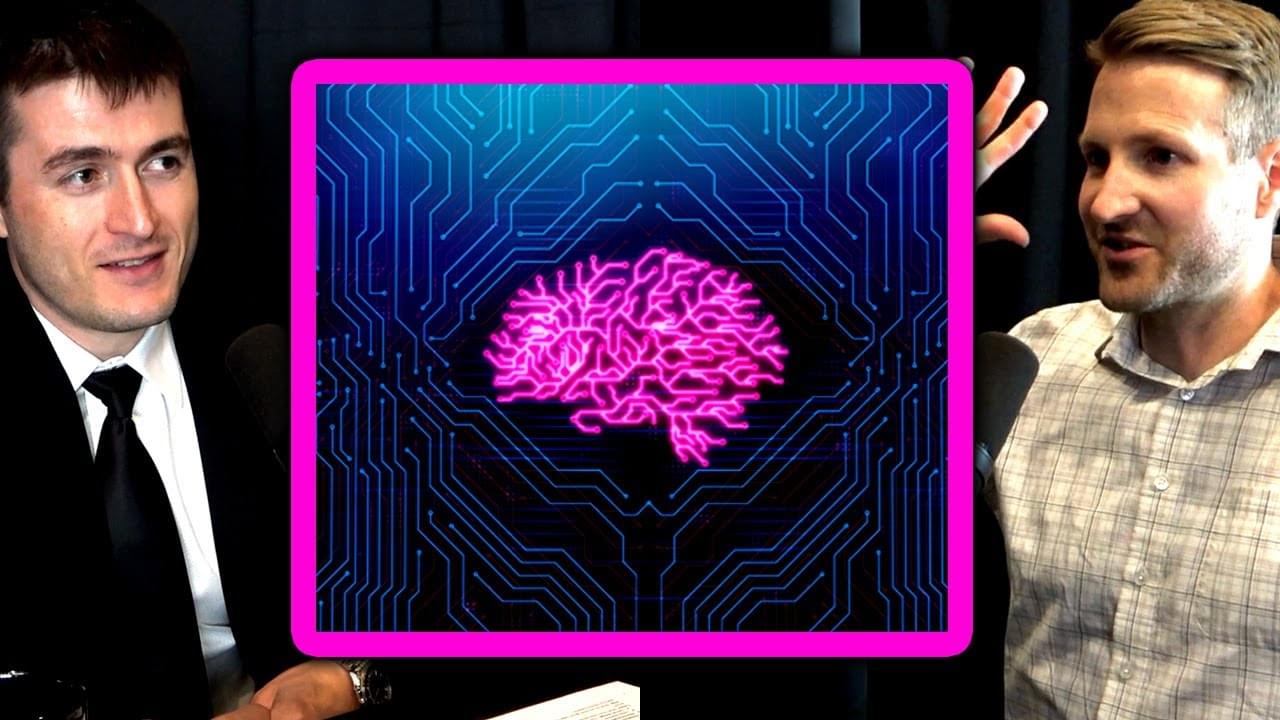Context is key in human communication. And AI models struggle with it. Excelling at specific tasks, yet understanding emotion is a barrier.
ULA’s Vulcan is scheduled to launch 11 national security missions in 2025, compared to seven for SpaceX.
Summary: A new study challenges the belief that larger groups reduce cooperation, showing instead that flexible social connections enhance teamwork. Researchers found that in a prisoner’s dilemma game, participants in bigger groups cooperated more frequently, despite memory limitations.
Brain scans revealed that when memories of past interactions were unclear, participants relied on prosocial instincts to guide behavior. Key brain regions, including the prefrontal cortex and nucleus accumbens, helped balance memory, reward, and decision-making.
Space-time may hide a bizarre new kind of black hole that causes Einstein’s theory of gravity to fail – and could solve the mystery of dark energy.
By Samir Mathur
The default mode network (DMN) is implicated in cognition and behavior. Here, the authors show that the DMN is cytoarchitecturally heterogeneous, it contains regions receptive to input from the sensory cortex and a core relatively insulated from environmental input, and it uniquely balances its output across sensory hierarchies.
The study looked at the effect of cannabis use on young adults who are recent or heavy users
AURORA, Colo., Jan. 28, 2025 /PRNewswire/ — A new study published today in JAMA Network Open explores the effects of both recent and lifetime cannabis use on brain function during cognitive tasks.
The study, the largest of its kind ever to be completed, examined the effects of cannabis use on over 1,000 young adults aged 22 to 36 using brain imaging technology. The researchers found that 63% of heavy lifetime cannabis users exhibited reduced brain activity during a working memory task, while 68% of recent users also demonstrated a similar impact.
It’s a new way to create “bi-paternal” mice that can survive to adulthood—but human applications are still a long way off.
Dario Amodei argues we must limit China’s access to AI chips so we can live under all powerful American-owned AI as opposed to all powerful Chinese-owned AI.
What if time didn’t just move forward? Scientists have uncovered something astonishing in a recent quantum physics experiment — the existence of ‘negative time.’ This mind-bending discovery defies conventional logic, suggesting that particles may not follow the rules we thought were unbreakable.
Lex Fridman Podcast full episode: https://www.youtube.com/watch?v=EwueqdgIvq4
Please support this podcast by checking out our sponsors:
- Stripe: https://stripe.com.
- Codecademy: https://codecademy.com and use code LEX to get 15% off.
- Linode: https://linode.com/lex to get $100 free credit.
- BetterHelp: https://betterhelp.com/lex to get 10% off.
GUEST BIO:
Jeffrey Shainline is a physicist at NIST working on. Note: Opinions expressed by Jeff do not represent NIST.
PODCAST INFO:
Podcast website: https://lexfridman.com/podcast.
Apple Podcasts: https://apple.co/2lwqZIr.
Spotify: https://spoti.fi/2nEwCF8
RSS: https://lexfridman.com/feed/podcast/
Full episodes playlist: https://www.youtube.com/playlist?list=PLrAXtmErZgOdP_8GztsuKi9nrraNbKKp4
Clips playlist: https://www.youtube.com/playlist?list=PLrAXtmErZgOeciFP3CBCIEElOJeitOr41
SOCIAL:









